|
NEW YORK STATE LITERARY CENTER'S Incarcerated Education Program
2015 - 2016

2015 - 2016 marked the tenth year of NYSLC's Incarcerated Education Program. Following the successful Rebuilding Families pilot, NYSLC, again in partnership with the Rochester Broadway Theater League and the Office of The Sheriff, reunited incarcerated parents in NYSLC's Incarcerated Education Program with their families through classroom readings and writing assignments while incarcerated and a shared experience attending a Broadway musical upon their release to reduce the impact of incarceration on children and to rebuild and reaffirm the family following incarceration.
Rebuilding Families is a great idea. When I get out. I will be able to do something with my kids who I have not seen in a few months. I think my kids will be excited to be able to do something with me. Before I was incarcerated I took my kids to what I could afford. It is expensive, and this means a lot.
Thank you.
A.K.
I think it is good that Rebuilding Families is giving us the opportunity to help build the relationships with our families that we have lost. Tickets to a musical are very expensive, and it make me feel good that finally I am able to do something for my family.
F. N.
It is the poor who suffer the most, the people whose income doesn't even take care of basic needs. Our kids are always in the middle. This program gives me something I can do for my kids.
Jerry
Thank God for a program like this. It gives me a chance to share how I feel, my true feelings, not feelings of anger because I feel like a failure. I love my children more than life itself. Now I finally have a chance to give something to them to show them. It feels great to know there are still people who care in the world. Thank God.
Antonio
This program is trying to help families reconnect, and I believe it is successful. Not only am I able to engage in an activity with my son, but I can give him something that will open new worlds for him. My son loves music and singing, and I am so happy to know that this program is available to my family. Thank you for what you are giving us.
Dwayne
Rebuilding Families received a grant from The Broadway League's National Education and Community Engagement Program, the only grant in the country that was awarded to a program for the incarcerated.
Dale Davis compiled another Reading List that expanded the content of the 2014 - 2015 Reading List https://www.nyslc.org/Readinglist10thYear.htm that included a newly released report from Child Trends "Parents Behind Bars: What Happens to Their Children."
The Child Trends report, "Parents Behind Bars: What Happens to Their Children?," released on October 27, 2015 reveals that 1 in 9 black children have experienced parental incarceration, and children who are living in poverty are more than three times more likely to have a parent in prison than those from higher-income families. Children living in rural areas are also more likely than those in metropolitan areas to have had an incarcerated parent.
Parental incarceration is among several major, potentially traumatic events known as "adverse childhood experiences," which also include witnessing domestic violence, having parents who are divorced, and others.
Child Trends found that on average, children who had had an incarcerated parent had experienced about two more adverse experiences, not including the experience of parental incarceration, than their peers.
Among these children:
- more than half had lived with a person with substance abuse problem, compared with 1 in 14 of their peers;
- more than half had experienced parental divorce or separation, compared with 1 in 6 of their peers;
- more than 1 in 3 had witnessed domestic violence in their homes, compared with 1 in 20 of their peers;
- nearly 1 in 3 had seen or experienced neighborhood violence, compared with fewer than 1 in 10 of their peers;
- more than 1 in 4 had lived with a person who was mentally ill or suicidal, compared with 1 in 14 of their peers; and
- nearly 1 in 10 had experienced death of a parent, compared with 1 in every 38 of their peers.
Child Trends noted specific ways to support children with an incarcerated parent. One important way noted was to improve communication between children and their incarcerated parents. https://www.childtrends.org/publications/parents-behind-bars-what-happens-to-their-children
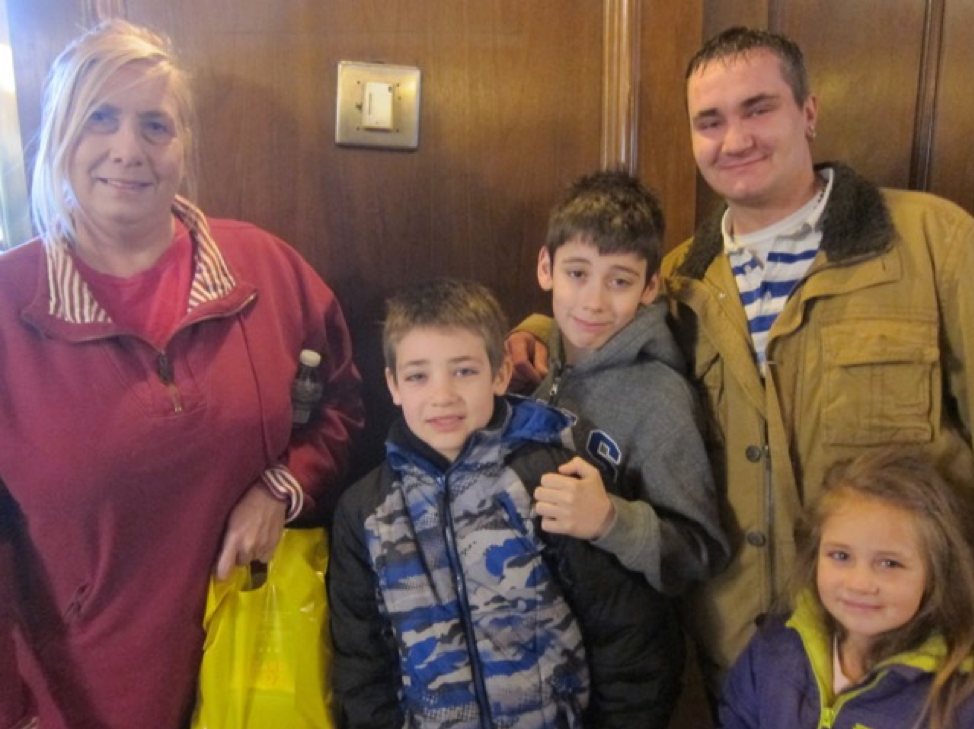
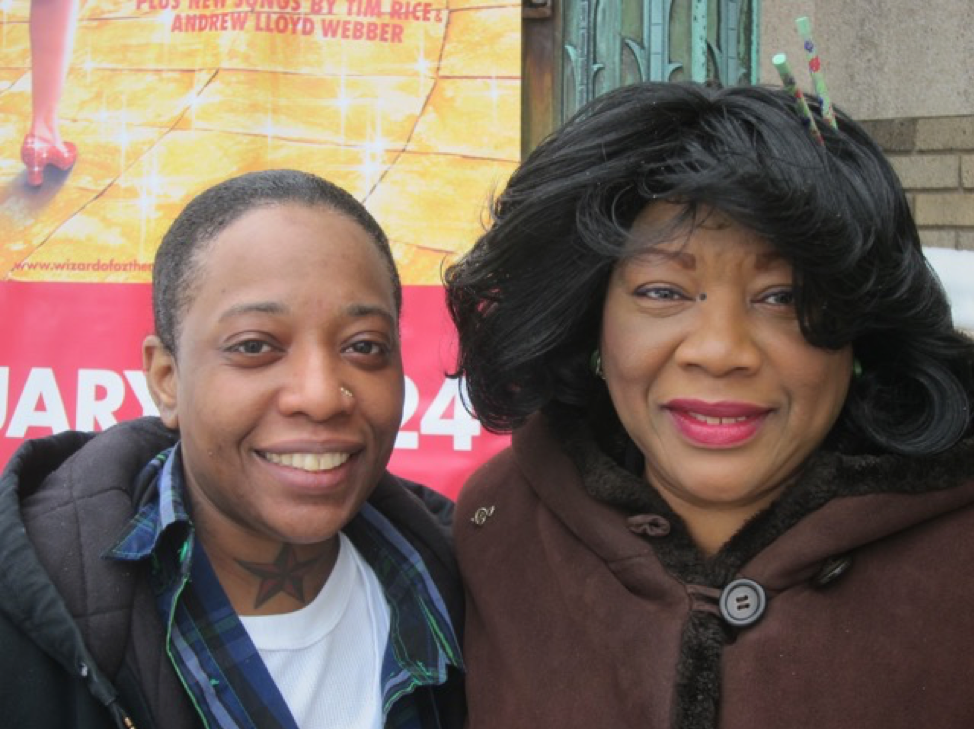
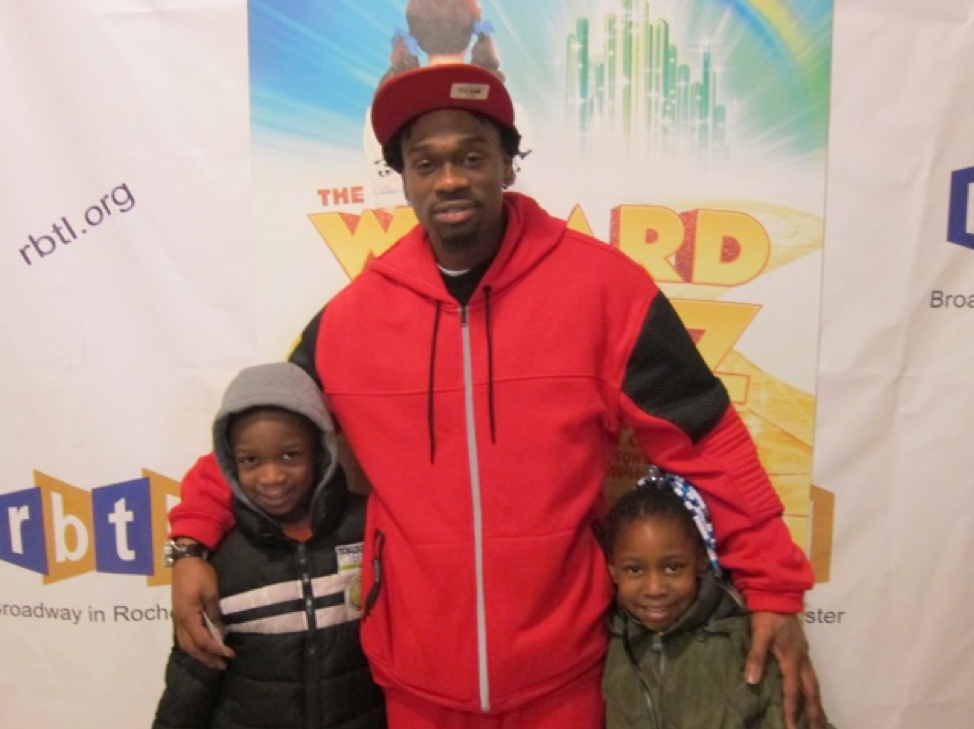
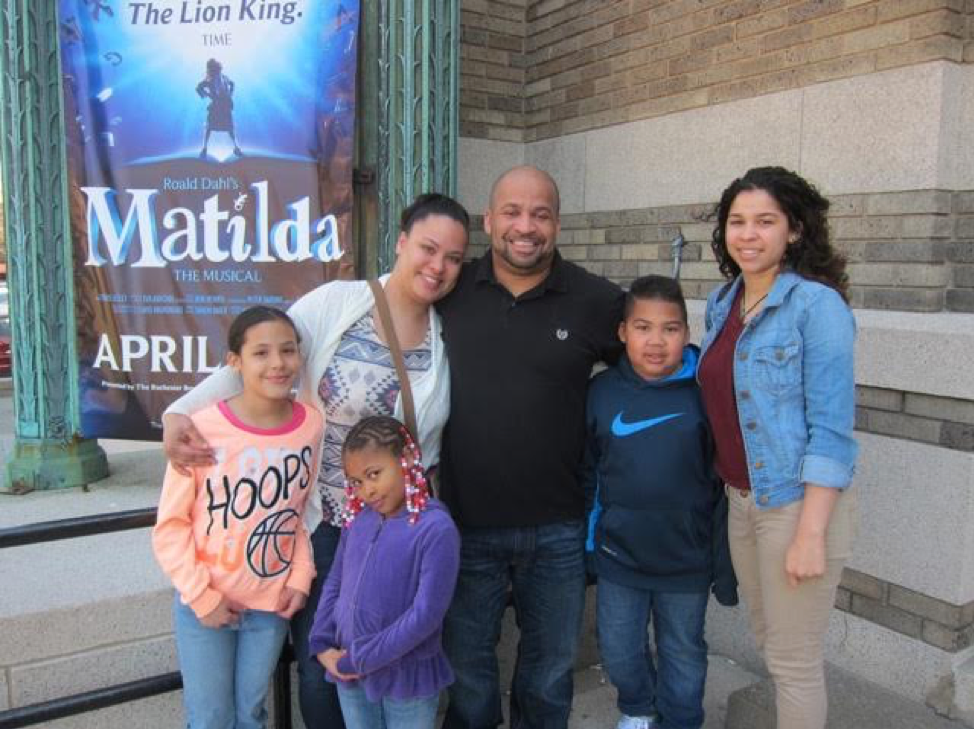
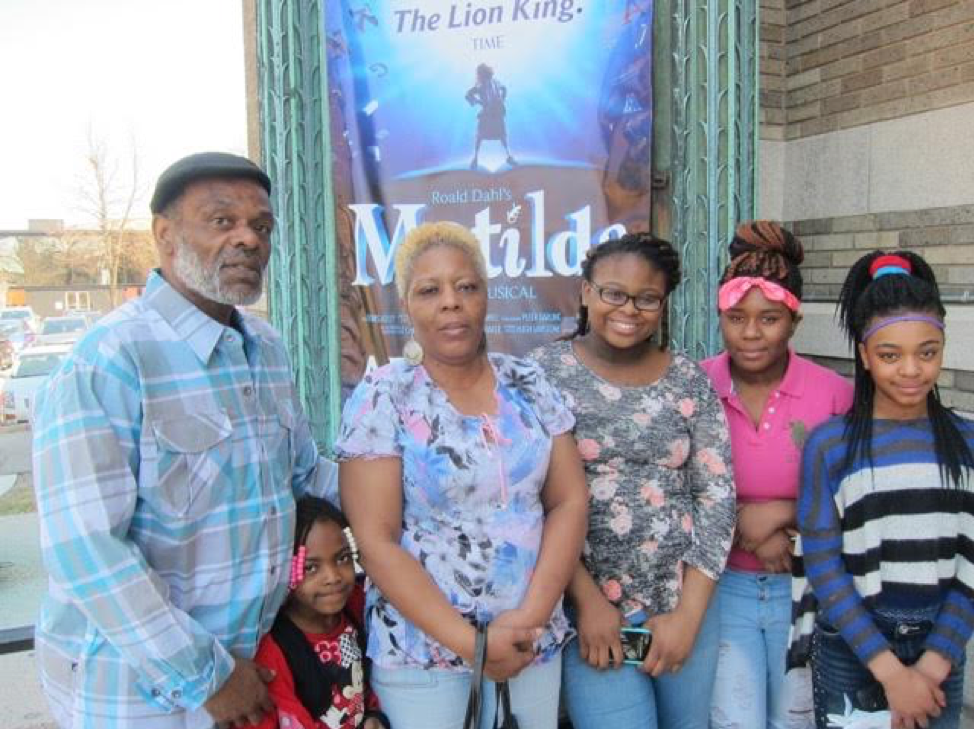
Writing is at the center of all of NYSLC's work with the incarcerated. The narrative form is introduced as a means for those in NYSLC's classes at Monroe Correctional Facility to share their thoughts on their lives, on Rochester, and on how they see the world and where they see themselves in it. Two of the narratives became Notes of Two Rochester Native Sons https://www.nyslc.org/notesnativesons.htm.
Following the narratives, Dale Davis and David Shakes introduced the writing of James Baldwin in NYSLC's classes.
"One writes out of one thing only-one's own experience. Everything depends on how relentlessly one forces from this experience the last drop, sweet or bitter, it can possibly give. The is the only real concern of the artist, to recreate out of the disorder of life that order which is art."
James Baldwin. "Notes of A Native Son." Harper's Magazine, 1955.
James Baldwin's writing, classroom discussion, and those in the classes writing in response to James Baldwin's writing resulted in READING JAMES BALDWIN 2015 which was performed at Monroe Correctional Facility on July 23, 2015 in honor of James Baldwin's 91st birthday on August 2, 1 2015. Juliana Muniz videotaped the performance and Dale Davis produced the video
https://www.nyslc.org/ReadingJamesBaldwin.htm.
|
